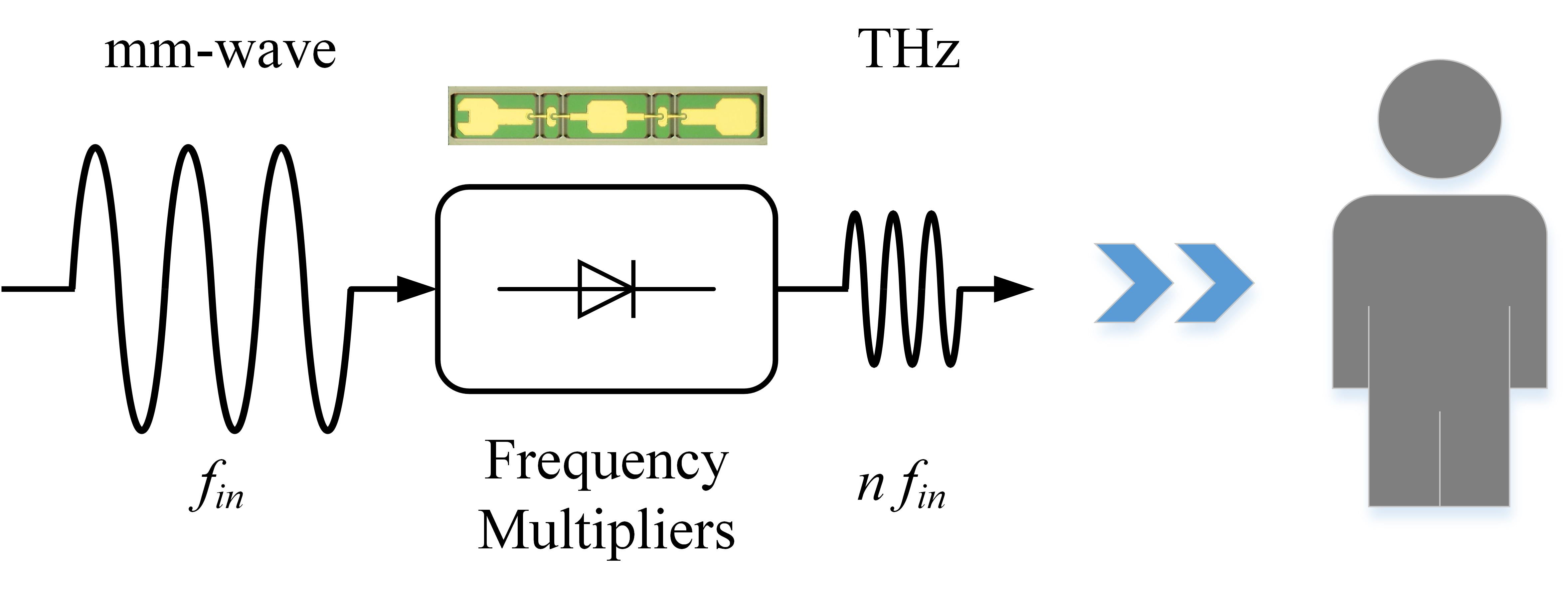Contents

Source: ACST GmbH
<>
Understanding Optical Frequency Multipliers
Introduction
Optical frequency multipliers are devices that can convert light to other light with the frequency being an integer multiple of the original frequency. These devices, also known as optical harmonic generators, rely on optical nonlinearities to achieve this conversion.
Types of Frequency Multipliers
There are various types of optical frequency multipliers:
Frequency Doublers
Frequency doublers are the simplest type of frequency multipliers and are commonly based on second-harmonic generation in nonlinear crystal materials. They are often used to generate green light by doubling the frequency of infrared light.
Frequency Triplers
By combining a frequency doubler with a device for sum frequency generation, frequency tripling can be achieved. This is commonly used to produce ultraviolet light.
Frequency Quadruplers
Frequency quadrupling involves combining two frequency doublers to generate light at a frequency four times that of the original light. This is often used to produce UV light.
Higher Harmonics
Higher harmonics, such as the fifth harmonic, can be generated by further multiplying the frequency of the light.
Conversion Efficiency
Optical frequency multipliers require high optical power and beam quality for efficient operation. The conversion efficiency is typically higher for lower harmonics like frequency doubling compared to higher harmonics.
Physics Details
Frequency multiplication processes involve converting lower-energy photons into higher-energy photons. The process results in light with exact integer multiples of the original frequency.
Applications
Optical frequency multipliers find applications in various fields, including optical frequency metrology where precise frequency chains are needed.
Conclusion
Optical frequency multipliers play a crucial role in generating light at specific frequencies required for various applications. Understanding the principles behind these devices can lead to advancements in optical technology.

Source: MDPI
Feel free to comment your thoughts.



